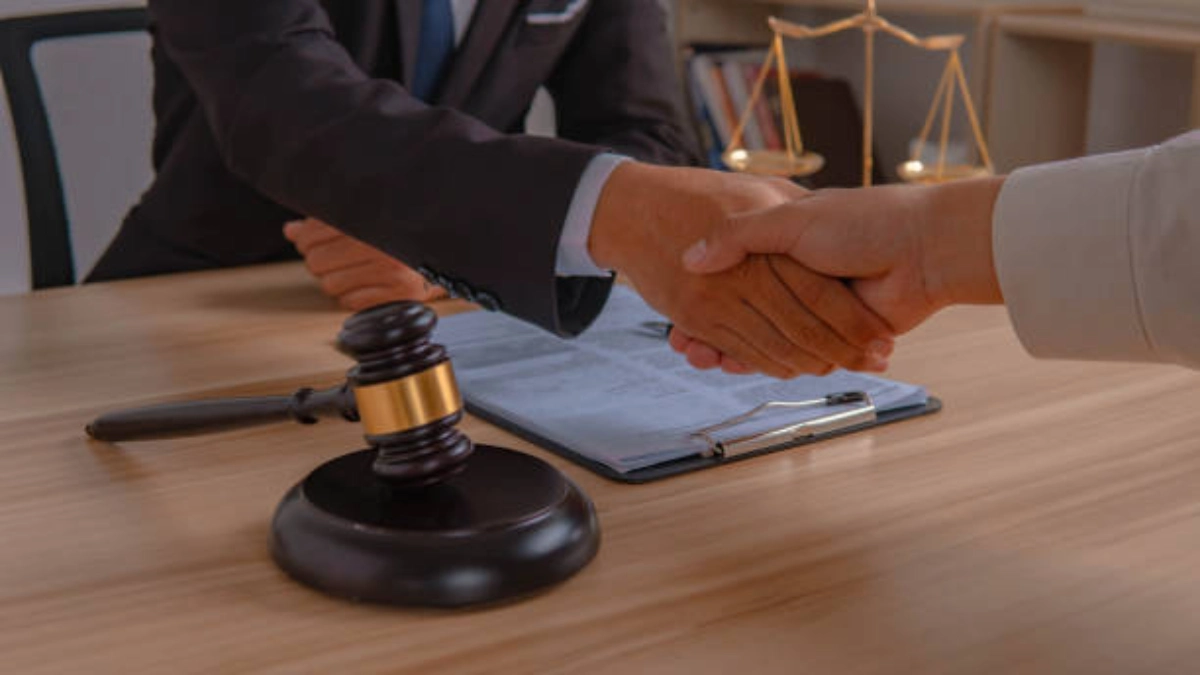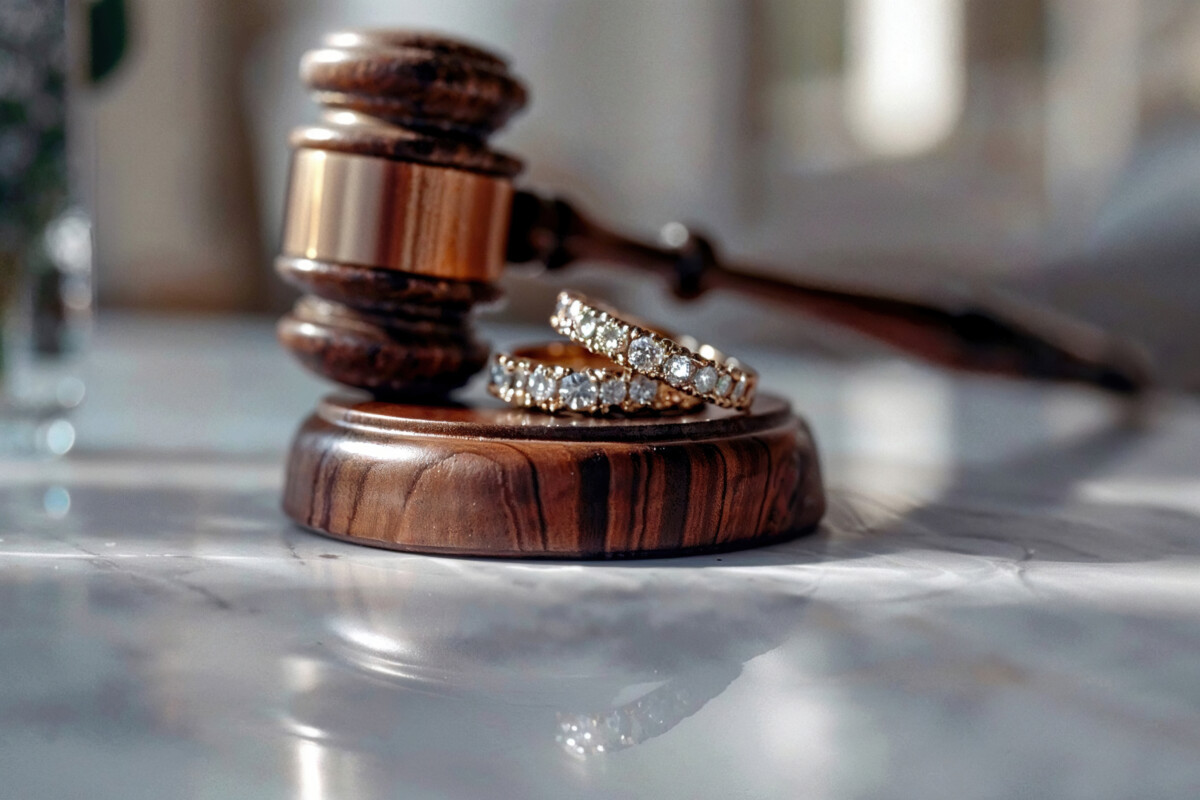Understanding Negligent Security: Legal Rights and Actions
Negligent security is a serious issue that affects individuals harmed due to a property owner’s failure to provide adequate safety measures. It often raises the critical question:
Can you sue for negligent security? In many cases, the answer is yes—but it depends on proving specific legal elements.
Whether the incident occurred at a shopping mall, apartment complex, hotel, or parking lot, understanding your legal rights and the obligations of property owners is the first step toward seeking justice. In this article, we’ll explore the legal basis of negligent security claims, how to prove them, the types of damages victims can recover, and the steps to take if you’ve been affected.
Learn more about legal claims at
LegalCaseReview.com
What Is Negligent Security?
Negligent security refers to a property owner’s failure to take reasonable steps to protect visitors from foreseeable criminal acts. These safety lapses may include:
- Poor lighting
- Broken security gates
- Lack of surveillance cameras
- No on-site security personnel
When such lapses lead to injuries, victims may have grounds to file a
negligent security lawsuit. The key lies in demonstrating that the property owner knew or should have known about the risks but failed to act.

Ready to connect with top legal professionals? Get immediate support— Call us at 877-550-8911.
Connect with Our Legal Team
Legal Grounds for a Negligent Security Lawsuit
To successfully sue for negligent security, several legal elements must be present:
- Duty of Care: Property owners must ensure the safety of visitors, especially in high-crime areas.
- Breach of Duty: The owner failed to implement reasonable security measures.
- Causation: The lack of security directly contributed to the victim’s injury.
- Damages: The victim suffered measurable harm—physical, financial, or emotional.
This duty of care applies not only to commercial locations but also to apartment buildings, college campuses, and even event venues.
Common Examples of Negligent Security
Negligent security can occur in a variety of settings. Here are a few real-world examples:
- Hotels without keycard-only access or security patrols in the parking lot.
- Retail stores that fail to install cameras after repeated thefts.
- Apartment complexes where management ignores tenants’ complaints about break-ins.
- Concert venues that don’t have enough security staff for crowd control.
In each case, the property owner may be held accountable for
failing to prevent foreseeable harm.
Read more about crime prevention on
CrimeSolutions.gov
Proving Negligent Security in Court
Proving negligent security in court can be complex. Here’s what’s typically required:
- Prior Incidents: Proof that similar crimes occurred on the property before.
- Lack of Action: Evidence the owner failed to enhance security.
- Expert Testimony: Security experts can testify that the measures were inadequate.
- Documentation: Photos, videos, police reports, and medical records build your case.
Example: A person is assaulted in a dark, unsupervised parking garage. If previous incidents were reported and no action was taken, the owner may be liable.
Potential Damages in Negligent Security Cases
Victims of negligent security may be eligible for several types of compensation:
- Medical Expenses: Emergency care, surgery, ongoing treatment.
- Lost Wages: Time missed from work due to injury or trauma.
- Pain and Suffering: Emotional distress and reduced quality of life.
- Punitive Damages: In cases of gross negligence or willful misconduct.
A solid case backed by evidence can significantly increase your chances of receiving just compensation.

Defenses Against Negligent Security Claims
Property owners often raise legal defenses to avoid liability, including:
- Comparative Negligence: Arguing the victim’s actions contributed to their injury.
- Reasonable Measures Taken: Showing that adequate security was in place.
- Lack of Foreseeability: Claiming the crime was unexpected and not preventable.
These defenses highlight the importance of working with an experienced attorney who can counter these arguments with strong evidence.
Steps to Take If You Experience Negligent Security
If you believe negligent security led to your injury, follow these steps:
- Seek Medical Attention immediately and keep all records.
- Document Everything: Take photos, talk to witnesses, and obtain police reports.
- Notify Property Management in writing to create a record of the incident.
- Consult a Legal Professional who specializes in negligent security lawsuits.
- Track Expenses: Save all receipts related to treatment, travel, or lost wages.
Each of these steps helps strengthen your claim and prepares you for legal action.
FAQs About Negligent Security
Q1: Can you sue for negligent security at an apartment complex?
A: Yes. If the landlord ignored prior incidents or failed to maintain secure access, you may have grounds for a lawsuit.
Q2: What if I was partially at fault for the incident?
A: In many states, you can still recover damages under comparative negligence laws, but your compensation may be reduced.
Q3: How long do I have to file a negligent security lawsuit?
A: Most states have a statute of limitations, usually 1–3 years. Consult a lawyer as soon as possible.
Q4: Does negligent security apply to cyber incidents?
A: While this article focuses on physical premises, similar legal theories may apply in cases of data breaches or cyber negligence.
Q5: Do I need a lawyer to file a negligent security claim?
A: It’s highly recommended. An attorney can help gather evidence, calculate damages, and handle negotiations or trial representation.
Conclusion
Negligent security can have life-altering consequences. Whether you’ve suffered an assault in a dimly lit parking lot or a robbery in a poorly secured hotel, you may have the right to pursue legal action. The key lies in proving that the property owner failed to take reasonable precautions to prevent foreseeable harm.
With the help of a legal expert and careful documentation, you can seek the compensation you deserve. For more resources and legal support, visit LegalCaseReview.com.
Don’t wait to secure the legal representation you deserve. Visit Legal Case Review today for free quotes and tailored guidance, or call 877-550-8911 for immediate assistance.
Scott Thompson is an authoritative industry veteran, CEO and Founder of Astoria Company. With his extensive experience spanning decades in the online advertising industry, he is the driving force behind Astoria Company. Under his leadership, Astoria Company has emerged as a distinguished technology advertising firm specializing in domain development, lead generation, and pay-per-call marketing. Thompson is widely regarded as a technology marketing expert and domain investor, with a portfolio comprising over 570 domains.





